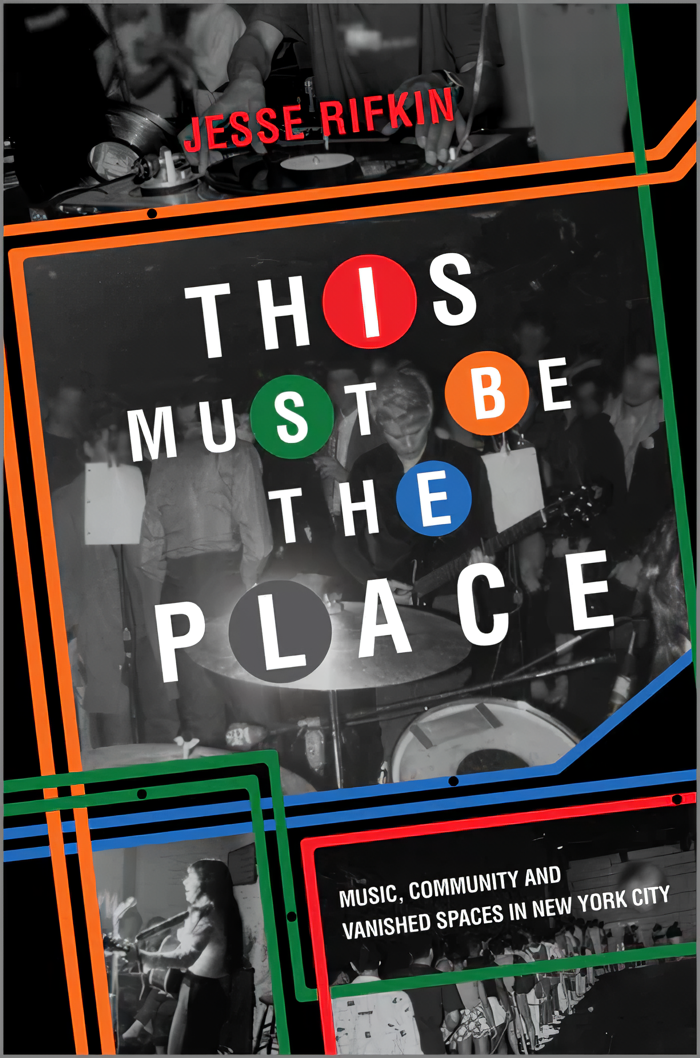9/11’s impact on the city is a book unto itself, and much of it is beyond the scope of this one. But there were a few key aspects of the fallout that had both immediate and long-term impacts on the city’s music scenes.
Most significantly, the city—especially Downtown—took a massive financial hit: a Chamber of Commerce report from November 2001 estimated an $83 billion gross loss for the city as a direct result of the attacks, especially in the fields of tourism and retail. Polling showed that “some potential visitors feel the need for permission to enjoy themselves again in a place where tragedy has occurred…[so the city’s] marketing campaigns should take advantage of the fact that New York City continues to be perceived as an exciting and vibrant place, rather than appeal to the sympathy of potential visitors.” According to Lower Manhattan Development Corporation co-founder Matt Higgins, “It was important to send out a global call to come to New York as a patriotic act.”
Much of rural and suburban America had viewed the city skeptically for decades (as Woody Allen famously declared in 1977’s Annie Hall, “The country looks upon New York like we’re left-wing, communist, Jewish, homosexual pornographers”), but suddenly Americans of all stripes adored the city, and they all had brand-new “I <3 NY” shirts to prove it. People from around the country did begin to see New York tourism as a patriotic act—as the writer and performer Reverend Jen summed it up in her 2003 book Reverend Jen’s Really Cool Neighborhood, “Suddenly, the tank top–sporting, macho metropolis was a pity fuck for fat Oregonians.”
This isn’t to say that, prior to this, New York was somehow 100% free of tourist traps—we’re talking about a city that, in the late ’90s, had a Planet Hollywood, a Hard Rock Cafe, a Motown Cafe and a Harley-Davidson Cafe, all within a three-block radius. But after 9/11, it felt like the spots that catered to tourists were no longer cordoned off in Midtown. They were spreading into the part of New York where people actually lived—even those with edgier lifestyles.
Emily Armstrong: Around our block [on Orchard Street], we have four or five 20-story hotels, and they all got their approvals right after 9/11. They gave out a gazillion liquor licenses, all in an effort to save Lower Manhattan. And now we’re living with the vestiges of what happened.
